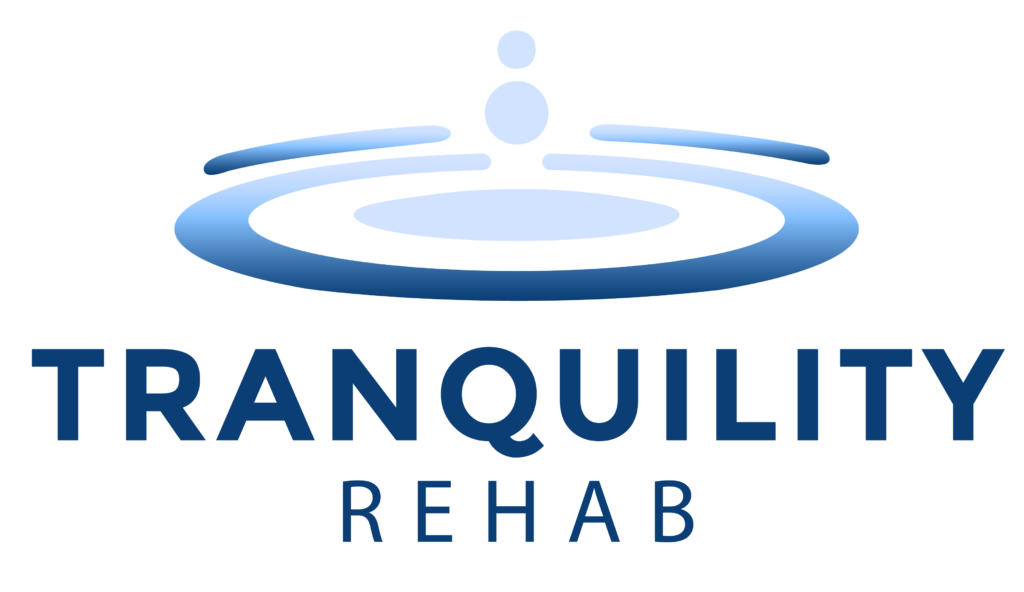Addiction is a complex and often misunderstood condition that can take many forms, from substance abuse to behavioral addictions. One form that’s gaining more attention in mental health circles is the connection between addiction and Obsessive-Compulsive Disorder (OCD), particularly when the person experiencing it is high-functioning. While on the surface, high-functioning OCD may seem like a manageable condition, it often hides a deep, underlying struggle that can fuel the development of addiction. Understanding this relationship is crucial for identifying when someone may be at risk and how they can find help.
What is High-Functioning OCD?
OCD is a mental health condition characterized by persistent, intrusive thoughts (obsessions) and repetitive behaviors (compulsions) performed in an attempt to reduce the anxiety caused by those thoughts. In a typical case of OCD, these obsessions and compulsions can be debilitating, interfering with everyday activities and relationships.
However, in high-functioning OCD, the person may appear outwardly successful and able to function relatively well in society. They might excel at work or school, maintain relationships, and adhere to daily responsibilities—often to the point of perfectionism. But internally, they are struggling with obsessive thoughts and compulsive behaviors that take up significant mental energy and time. Their need for control can be overwhelming, and they often mask their distress behind a facade of “normalcy.”
While high-functioning OCD may seem less severe than other forms of the disorder, it still takes a profound emotional and psychological toll on the person’s well-being.
The Connection Between Addiction and High-Functioning OCD
Addiction and OCD are both linked to imbalances in brain chemistry, particularly in the areas that control pleasure, anxiety, and compulsive behavior. The relationship between the two can be complicated and bidirectional. In the case of high-functioning OCD, the obsessive need for control and the compulsive behaviors designed to reduce anxiety can create an overwhelming sense of stress. For many individuals, this constant pressure can eventually lead them to self-medicate with substances or engage in behaviors like gambling, eating disorders, or other compulsive acts.
Alcohol, drugs, or other addictive behaviors may offer temporary relief from the anxiety and tension caused by obsessive thoughts, leading to a cycle of dependency. Initially, the substances may appear to offer a way to quiet the mind or cope with the intense emotions tied to OCD. However, over time, this coping mechanism can evolve into an addiction, making both the OCD and the addiction even harder to manage.
Additionally, addiction itself can exacerbate the symptoms of OCD. Substances like alcohol and drugs alter brain chemistry, affecting neurotransmitters that are already dysregulated in individuals with OCD. This disruption can lead to a worsening of obsessive thoughts and compulsive actions, creating a vicious cycle where addiction feeds into the OCD, and the OCD worsens the addiction.
Signs of Addiction in Individuals with High-Functioning OCD
While high-functioning OCD may not be immediately obvious to others, signs of addiction may manifest in subtle ways. Some of the common behaviors to look for include:
- Increased Substance Use: Individuals with high-functioning OCD may start using substances like alcohol or drugs to cope with their stress or anxiety, particularly when they feel overwhelmed by their compulsions.
- Escalating Compulsive Behaviors: Over time, the individual may begin to engage in more risky or harmful behaviors to achieve the same sense of relief from obsessive thoughts.
- Mood Swings: Addiction can cause significant mood fluctuations, from feelings of euphoria during substance use to feelings of depression and anxiety during withdrawal periods.
- Isolation: As the addiction grows, the person may withdraw from social activities, work, and relationships, driven by a desire to hide their compulsions or addiction.
If you or someone you know is experiencing these signs, it’s important to seek professional help. Without treatment, both OCD and addiction can severely impact one’s quality of life and increase the risk of long-term mental health complications.
Seeking Help: Tranquility Rehab for Dual Diagnosis Treatment
The good news is that recovery is possible. Addiction and high-functioning OCD are treatable conditions, especially when addressed together. For individuals dealing with both OCD and addiction, it’s crucial to seek a treatment program that specializes in dual diagnosis—treating both the addiction and the underlying mental health disorder simultaneously.
Tranquility Rehab centers offer comprehensive programs tailored to the unique needs of those with dual diagnoses. By combining evidence-based therapies like Cognitive Behavioral Therapy (CBT) and Exposure and Response Prevention (ERP) with addiction treatment methods, patients can learn how to manage both their obsessive-compulsive symptoms and their addiction in a supportive, healing environment.
A drug rehab center that specializes in dual diagnosis can provide the right tools and strategies to break the cycle of addiction and obsessive behavior. Whether it’s outpatient counseling, inpatient care, or holistic therapies like yoga and mindfulness, these programs are designed to heal the whole person, not just the symptoms.
If you or a loved one is struggling with addiction and high-functioning OCD, it’s time to take the first step toward recovery. Tranquility Rehab offers tailored, compassionate treatment programs for individuals dealing with dual diagnoses. Reach out today to learn more about how we can help you on your journey to healing and recovery.


